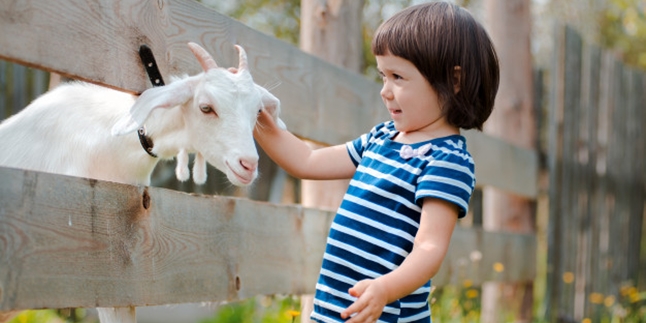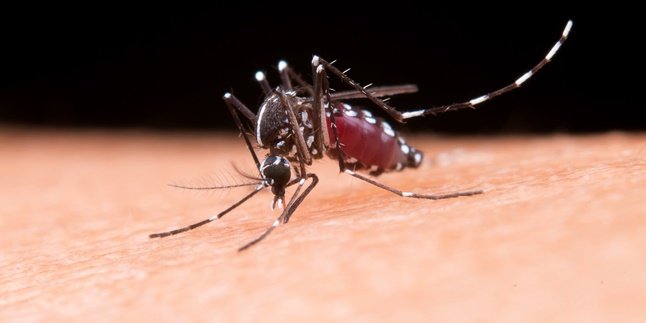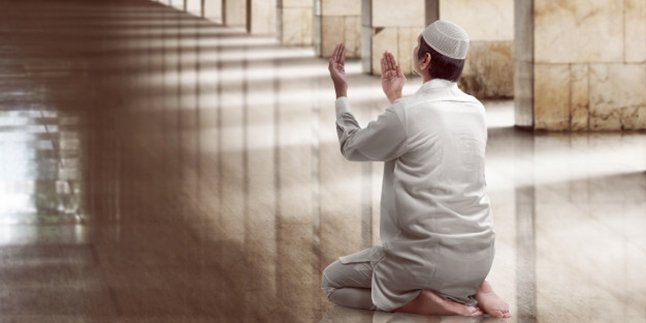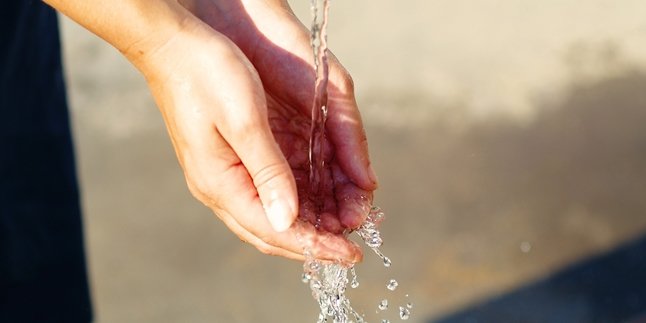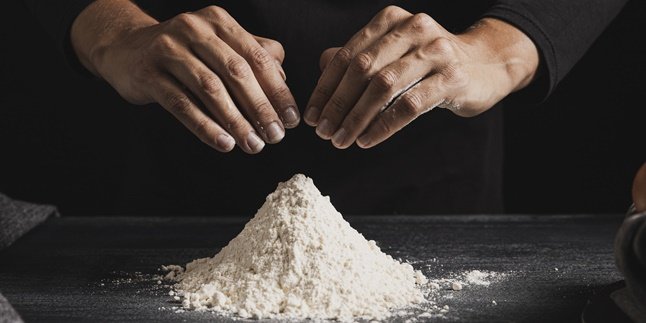Kapanlagi.com - Aqiqah is an activity of sacrificing animals to express gratitude in accordance with Islamic law. This is one form of gratitude for Muslims towards Allah SWT regarding the birth of a baby. Therefore, it has become a tradition for Muslims. For those of you who will perform aqiqah for your child, you must know the proper procedure of aqiqah according to the tradition of the Prophet Muhammad.
The ruling of aqiqah itself, according to the strongest opinion, is sunnah muakkad, which means it is highly recommended (almost obligatory), similar to the Eid prayers, the Witr prayer, and the Tawaf prayer. And aqiqah is the opinion of the majority of scholars based on hadith.
Furthermore, there are also scholars who argue that aqiqah serves as redemption, meaning that aqiqah will release the influence of jinn that accompanies every baby since birth and keep them away from undesirable things. Aqiqah itself is a ritual of sacrificing a goat on the seventh day after a child's birth.
So, what are the correct procedures of aqiqah according to the tradition? According to various sources, here are some proper procedures of aqiqah according to the tradition of Prophet Muhammad, along with its guidance and rulings.
1. The Law of Performing Aqiqah in Islam
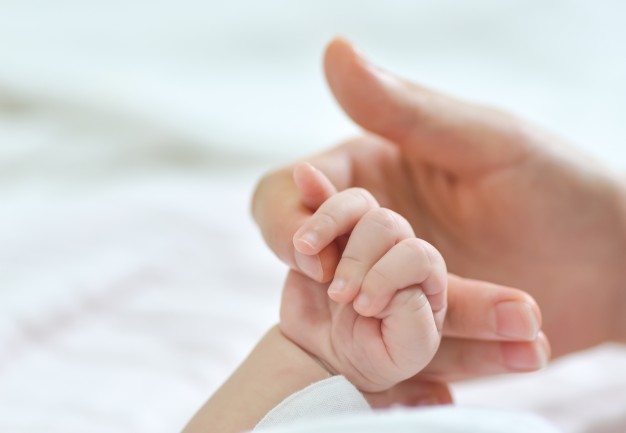
Illustration (credit: Freepik)
The implementation of aqiqah is the teaching of the Prophet Muhammad. From a legal perspective, aqiqah is divided into two, namely sunnah and obligatory. This division is based on the evidence and interpretations that have been made by the scholars. According to the sunnah, the law of aqiqah is sunnah muakkad, or a highly recommended sunnah.
Meaning, if a Muslim is able to perform it (because they have sufficient wealth), it is recommended to perform aqiqah for their child when the child is still a baby. As for those who are less fortunate or unable, the implementation of aqiqah can be waived. According to the obligatory perspective, based on the hadith narrated by Ahmad which states: "Children are held captive by their aqiqah, a sacrificial animal is slaughtered for them on the seventh day, their head is shaved, and they are given a name." (Narrated by Ahmad) Therefore, aqiqah is obligatory.
Based on the above hadith, the scholars interpret that a child cannot intercede for their parents if they have not been aqiqah. However, this opinion is still outweighed by the opinion that aqiqah is sunnah, thus rejected by many scholars.
2. Best Time for Aqiqah
The next procedure for aqiqah according to the sunnah of the Prophet is to know the best time to perform aqiqah. Yup! The best time to perform aqiqah is on the seventh day after the baby's birth. This has been clearly stated in the hadith narrated by Tirmidhi, Abu Dawud, and Ibn Majah before.
It is mentioned in Al-Mawsu'ah Al-Fiqhiyah that if the baby is born during the day, then it is already considered the first day of the seven days. But if the baby is born at night, it is not included in the count. The first day is the following day. For example, if the baby is born on Saturday morning, then that day is already considered the first day of the seven days.
Therefore, the parents will perform aqiqah on the following Friday. Conversely, if the baby is born on Saturday night, then the first day is the following Sunday morning. So, the parents can perform aqiqah on the next Saturday.
However, according to the Shafi'i school of thought, aqiqah can still be performed after the seventh day of the baby's birth. Some people use the procedure of performing aqiqah on the 14th or 21st day after the baby's birth. In fact, the Shafi'i school of thought still recommends aqiqah even if the child dies before the seventh day.
3. Slaughtering Goats
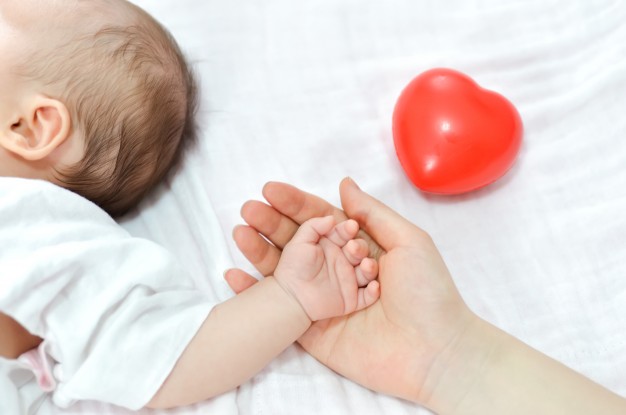
Illustration (credit: Freepik)
Then enter into the slaughter of goats that will be slaughtered for both male and female infants. The number of goats slaughtered for aqiqah differs between female and male children. For aqiqah of a female child, the parents prepare one goat, while for a male child, the parents slaughter two goats.
This is also stated in a hadith narrated by Abu Dawud. From Ummu Kurz, she said, "I heard the Prophet shallallahu 'alahi wa sallam say, 'For a male child, it is two goats, and for a female child, it is one goat. It doesn't matter to you whether it is a male or female goat.'" (HR. Abu Dawud).
The requirements for the goat slaughtered for aqiqah are the same as for the sacrificial animal, namely a high-quality goat, both in terms of breed and age. The goat must also be free from defects and diseases. Before slaughtering the goat for aqiqah, it is recommended to recite the following prayer:
"Bismillahi wa billahi, allahumma 'aqiqatun 'an fulan bin fulan, lahmuha bilahmihi si azhmihi, allahummaj'alha wiqaan liali muhammadin 'alaihi wa alihis salam."
Which means: In the name of Allah and with Allah, this aqiqah is from fulan bin fulan, its flesh with its flesh, its bones with its bones. O Allah, make this aqiqah a sign of loyalty to the family of Muhammad SAW.
4. Cooking Aqiqah Meat
Not only that, the procedure of aqiqah according to the Sunnah of the Prophet Muhammad SAW is to cook the slaughtered meat for aqiqah. However, the majority of scholars recommend cooking the aqiqah meat first before distributing it to people. This is mentioned in the book Atahzib written by Imam Al-Baghawi, which means:
"It is recommended not to distribute the aqiqah meat in a raw state, but to cook it first and then deliver it to the poor on a tray." (Imam Al-Baghawi in the book Atahzib)
Furthermore, there is also an opinion written in the book Al-Musfashshal fi Ahkamil Aqiqah, which means, "Most scholars recommend that the aqiqah meat should not be distributed in a raw state, but should be cooked first and then given as charity to the poor."
5. Eating Some Aqiqah Meat

Illustration (credit: Freepik)
Not only cooking, the procedure for aqiqah for a child is in accordance with the Sunnah of the Prophet Muhammad, which is by eating some of the aqiqah meat. According to a hadith narrated by al-Bayhaqi, it is recommended to cook the aqiqah meat first and eat it with the family before distributing it.
Aisha (may Allah be pleased with her) said, "The Sunnah is to slaughter two goats for a baby boy and one goat for a baby girl. It is cooked without breaking its bones. Then it is eaten (by the family) and given as charity on the seventh day." (Narrated by al-Bayhaqi)
From another hadith narrated by al-Bayhaqi, it is clearly mentioned that some of the aqiqah meat is eaten. While the rest is distributed to people. Some of the aqiqah meat is given to Muslim families who perform aqiqah. The remaining can be distributed to neighbors or the poor.
6. Shaving Hair and Naming During Aqiqah
During the Aqiqah ceremony, it is also recommended to shave the baby's hair and give them a name. Of course, this activity is considered as one of the recommended procedures of Aqiqah by the Prophet Muhammad. In accordance with the Prophet's recommended Aqiqah procedure, parents give a good name to the newborn.
Giving a good name reflects the future character and faith in Allah SWT. As for the ruling on shaving the baby's hair during Aqiqah, according to a strong opinion among scholars, it is recommended.
7. Praying for the Baby During Aqiqah

Illustration (credit: Freepik)
And the last procedure of Aqiqah according to the Prophet Muhammad is to pray for the baby during Aqiqah. Praying is a good deed done for the safety and future of the little one. And here is the prayer that should be recited for the newborn baby.
"U'iidzuka bi kalimaatillaahit tammaati min kulli syaithooni wa haammah. Wa min kulli 'ainin laammah."
Which means: I seek protection for you, O baby, with the perfect words of Allah, from every devilish temptation and every hateful gaze.
Those are some of the Aqiqah procedures that are in accordance with the Sunnah of the Prophet Muhammad. Aqiqah is not only to show our gratitude to Allah SWT, but also for the well-being of the child and the family, and to seek the blessings of Allah SWT.
(kpl/dhm)
Disclaimer: This translation from Bahasa Indonesia to English has been generated by Artificial Intelligence.
